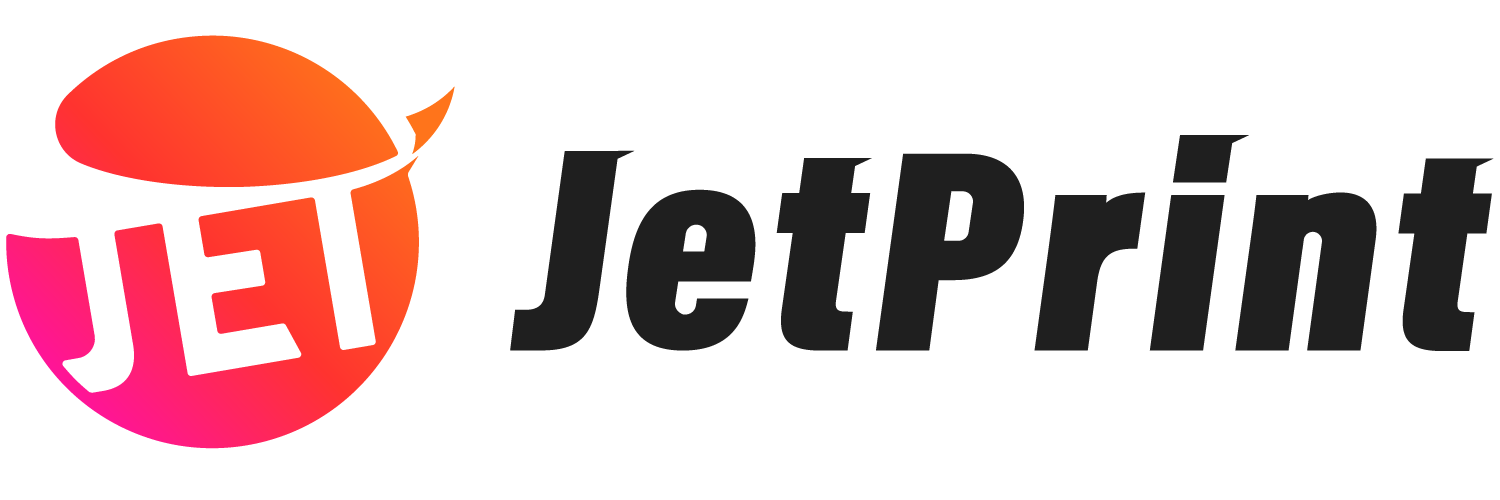This article delves into the concept of private label dropshipping, examining its advantages and presenting strategies to assist you in constructing a unique brand for your business.
What is private label dropshipping
Private label dropshipping is an e-commerce model where products are sold directly from manufacturers to customers, but the items bear your brand label. Essentially, you take existing products from a manufacturer and brand them with your own label.
The most common form of this business model involves customized branded packaging and clothing labels. When a customer places an order, the manufacturer ships the product directly to them, eliminating the need for you to handle inventory or fulfillment.
Advantages and disadvantages of private label dropshipping

Advantages
- Brand control: Private label dropshipping offers full control over your brand image and messaging. You have the flexibility to customize packaging to align with your brand identity and values, fostering brand recognition and customer loyalty.
- Higher profit margins: Direct engagement with manufacturers enables you to negotiate competitive prices, thus maximizing profit margins. Moreover, brand recognition sets your products apart, enhancing their uniqueness and potentially commanding higher prices.
- Scalability: With no inventory or production constraints, private label dropshipping facilitates seamless expansion of your product range as your business grows.
- Flexibility: Respond swiftly to market trends and consumer preferences by introducing new products or adjusting existing ones, thanks to the flexibility afforded by private label dropshipping.
Disadvantages
- Quality control: Entrusting manufacturing to a third-party dropshipping supplier entails relinquishing some control over product quality, a drawback shared by many dropshipping ventures.
- Initial investment: Although private label dropshipping presents a promising opportunity, it necessitates an upfront investment in brand packaging and design development.
Best steps for dropshipping private label products
Identify your target market and carve out your niche
Before embarking on private label dropshipping, conduct comprehensive market research to pinpoint lucrative niches and understand consumer preferences. Analyze your competitors, evaluate market demands, and identify the gaps your product can fill. Utilize tools like Google Trends or Google Keywords to gauge the product’s popularity. Incorporating branded tags with your products is advisable for enhanced recognition. Ensure that your product selection doesn’t resemble that of a generic grocery store; offering more specific items will convey professionalism within your chosen field.
Examples of private label dropshipping products include:
- Shoes: Highly sought-after and customizable.
- Clothing: Customizable clothing tags.
- Phone cases: Customizable with packaging options and low shipping costs.
- Hats: Suitable for embroidery, with customizable tags.
- Thermos mugs: Customizable packaging options.
Select reliable suppliers
Partnering with dependable suppliers is paramount to the prosperity of your private label dropshipping venture. Seek out suppliers renowned for their consistent delivery of top-notch products, punctual order fulfillment, and exceptional customer service. Consider exploring the offerings of reputable suppliers, such as:
- JetPrint
- Alibaba
- Drishippers
Grasp the supplier’s product information
- Product price and cost
- Product size, weight, material, and color
- Brand representation on your product
- Product shipping time
Order a sample
Select products that resonate with your brand identity and address market demands. Prior to launching, conduct thorough product testing to guarantee quality. Ordering samples enables you to assess the supplier’s service and product quality, among other factors. This step is crucial and adds an extra layer of protection to your products, ensuring they meet your standards and expectations.
Start selling products

Craft a captivating brand image that resonates with your target audience by implementing effective marketing strategies. This encompasses designing a memorable logo, developing appealing brand packaging, and maintaining a consistent brand voice across all platforms.
For building your brand store, consider platforms such as:
- Shopify
- Etsy
- WooCommerce
- Wix
Implement effective marketing methods, including:
- Google Ads
- SEO (Search Engine Optimization)
- Email marketing
- Showcasing your products on social media platforms
Start your private label dropshipping business today
Private label dropshipping is an e-commerce model merging the benefits of private label sales and drop shipping. It provides aspiring entrepreneurs with a lucrative avenue to establish their brand and thrive in the competitive e-commerce landscape. Opting for popular products that can be easily customized with brand labels accelerates the path to profitability.
FAQ
Can beginners succeed with private label dropshipping?
Yes, private label dropshipping can be a great option for beginners because it has a low barrier to entry and offers the potential for high profit margins.
What are the startup costs for launching a private label dropshipping business?
The initial investment is typically low, primarily covering expenses related to branding, marketing, and website development.
What strategies can I use to distinguish my private label products from competitors?
To set your products apart, emphasize unique selling points like superior quality, innovative design, or eco-friendly materials.
Can private label dropshipping be sustained over time?
Yes, the sustainability and profitability of private label dropshipping are ensured by its flexibility and scalability as a business model.
What is the difference between private label and dropshipping?
In essence, dropshipping involves selling products from another company’s brand, while private label dropshipping entails selling products under your own brand.


0 Comments